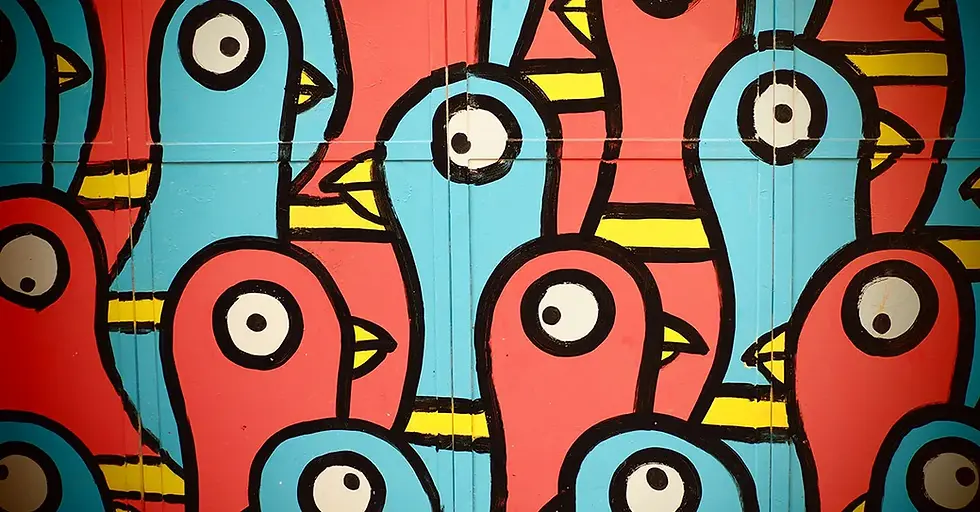Are we competing for the prestige of selflessness?
- Jagriti Luitel

- Sep 30, 2023
- 2 min read

Is genuine selflessness a real possibility?
Can we give without expecting something in return, whether it's material gain or intangible rewards like a boost in self-confidence?
Are these questions too daunting to raise casually?
These questions have been on my mind for a while now, and it turns out I'm not alone in pondering them. Philosophers have wrestled with these dilemmas for centuries. The term 'altruism' we use today was coined by Auguste Comte, a 19th-century French philosopher, derived from the Latin 'alteri,' which means 'other people.'
So after some reflection, in this blogpost, I’m going to argue that achieving pure selflessness is an unattainable goal. And if left unexamined, it might deceive us into thinking we are doing the seemingly right thing even if the reality might be otherwise. We can agree those are the worst kinds of villains. However, this realization need not be entirely disheartening, as long as we approach our actions with mindfulness and intentionality.
One major hurdle to the existence of true selflessness is the pervasive influence of capitalism. In a capitalist society, individuals are often driven by self-interest and the pursuit of profit. This inherently promotes personal gain and can make selfless actions quite challenging. Capitalism encourages competition, which can sometimes overshadow our selfless tendencies. Interestingly, experiments with alternative socio-economic systems like socialism and communism seem to embrace more altruistic principles, hinting at a paradox worth exploring.
Furthermore, in our hyper-connected world today, we often witness what's called "performative altruism." Many individuals and corporations engage in acts of kindness or charity, not solely out of genuine compassion, but often with the ulterior motive of cultivating a virtuous image and gaining social recognition. This phenomenon prompts us to question the authenticity of apparently altruistic acts, as they may be more about self-image and self-preservation rather than genuine selflessness.
For a deeper dive into this topic, I recommend watching Anand Giridharadas' enlightening talk:
It's also crucial to acknowledge that motivations for altruism are often multifaceted. Even when we engage in acts that outwardly appear selfless, it's challenging to completely divorce our motivations from personal satisfaction or even a subtle expectation of gratitude. Exploring these nuanced aspects helps us understand the intricate nature of human motivation behind seemingly selfless acts.
Despite the challenges, however, I still believe that while pure selflessness may remain a lofty ideal, acts of compassion—where individuals genuinely empathize and alleviate the suffering of others—hold significant value. Examining this nuance allows us to reconcile the complexities inherent in our understanding of the design of human behavior.
In conclusion, while the concept of true selflessness might be a bit like trying to find a needle in a haystack, digging into the factors that sway our actions, like capitalism, performative altruism, and motivations, helps us understand the intricate dance of human behavior. It doesn't lessen the worth of kindness and compassion; instead, it gives us a richer perspective on why we do what we do.
It also empowers us to ask the daunting questions from time to time:
Are we competing for the prestige of selflessness?
Thank you for reading. Consider subscribing to my email list so the posts come directly to you.












Comments